|
Nick Wood, Azanian Bridges, NewCon Press, 2016. Set in a current South Africa that still enforces Apartheid, Azanian Bridges is, despite some flaws, a striking read with hints of Brazil. Though most political uchronias tend to give a sense of relief (as in "Thank goodness it didn't turn out that way!") with a slight warning for times ahead, it almost feels as if this very topical scifi novel arrived slightly too late for our world's current state of affairs... Sibusiso is a young black man who lives in South Africa in our time. But apartheid still exists in this South Africa. After a freedom rally where one of his friend is shot by the police, he experiences P.T.S.D. and he is sent to a mental institution. There, a white psychologist, Dr Martin van Deventer, has an empathy box that enables a sharing of thoughts and emotions between two persons. He offers Sibusiso to try it as part of the therapy. What I remember of apartheid as a European in my early teen is some images on T.V. and a deep sense of outrage. The novel brought it all back, but evaluating it as an adult and in the current political context, it was even more striking. The apartheid vocabulary and the situations are all there. Azanian Bridges lays bare the deep racism and injustice of South Africa during Apartheid and invites the reader to look warily at some countries' recent political decisions. The message is pretty clear. The empathy box is nicknamed Pandora's box which in Greek mythology held hope. The novel asks us to build bridges, to forge empathy links with our fellow humans, whatever our differences, because there lies our only hope as humans at being human(e)s. (And if we really need Dr van Deventer's box to be it, we are in a much sorrier state than I already thought.) Azanian Bridges alternates first persons narrators: Sibusiso's point of view and Martin's point of view. Though I'm (very) tired of this narrative device, it was perfectly called for here as it puts into relief how both men experience differently the same events: one as a black man in a racist and segregated country who is also a patient, the other as a white man who thinks of himself as less racist than he really is and as a doctor. It reveals the unequal relationship, but also Martin's naivety and Sibusiso's bleak despair and how one slowly gains something of the other, while the reader may feel wary of a psychologically troubled first person narrator. The characters felt more like symbols of what the writer tries to convey (and succeeds at conveying) than characters that became to me flesh and bone. I'd have liked the mythological aspects to be more developed to add depth to this symbolism. But the novel relies more upon its architecture with the alternate points of view rather than upon any literary tour de force. And because the novel has a powerful message, its awkward aspects felt to me as secondary. Azanian Bridges is a novel that grows on you rather than having you exclaiming at once "Wow!" Though I'm usually more attuned to the depth of the characters and of the storyline, it was the novel's themes here that struck me the most. Sadly, very sadly, it's a book that should, must, be read now more than ever. Update, July 2017: Azanian Bridges has been shortlisted for the 2017 Nommo Awards. The writer's website. If you've liked Azanian Bridges, you may also like
0 Comments
Your comment will be posted after it is approved.
Leave a Reply. |
All reviews are spoiler free unless explicitly stated otherwise.
I only review stories I have liked even if my opinion may be nuanced. It doesn't apply for the "Novels published before 1978" series of blog posts. Comments are closed, having neither time nor the inclination to moderate them. |
WHAT IS THE MIDDLE SHELF?
The middle shelf is a science-fiction and fantasy books reviewS blog, bringing you diverse and great stories .
PLEASE SUPPORT AUTHORS.
IF YOU LIKE IT, BUY IT. |
ON THE MIDDLE SHELF
|
KEEP IN TOUCH WITH THE MIDDLE SHELF
|
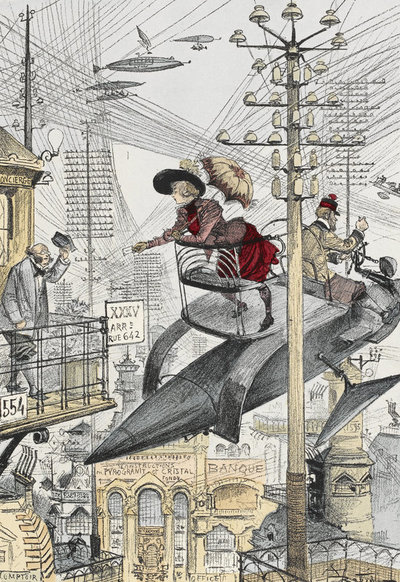

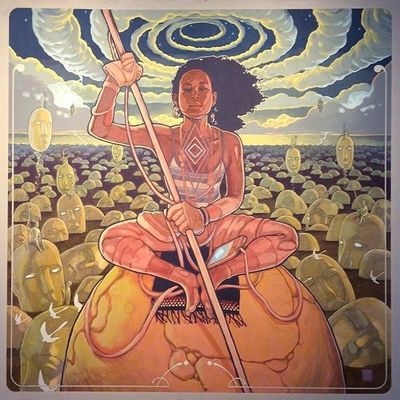
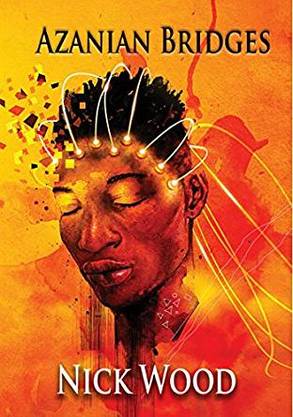
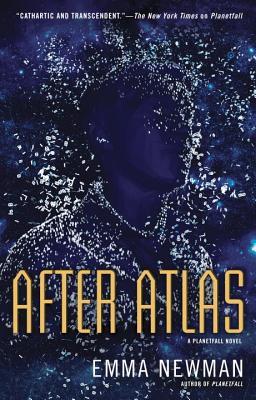

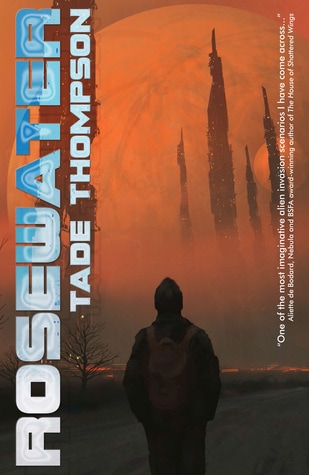
 RSS Feed
RSS Feed
